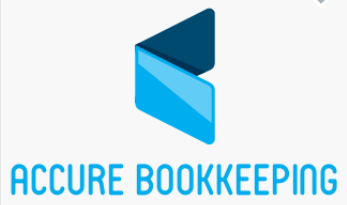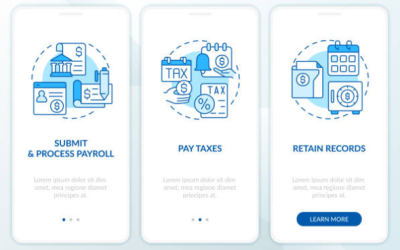In the bustling city of Cape Town, small businesses thrive amidst the vibrant markets and energetic atmosphere. However, one persistent challenge looms over them: load-shedding. This periodic disruption of electricity supply has the potential to cripple operations, causing significant financial strain. Yet, innovative entrepreneurs have discovered various strategies to safeguard their businesses against these power cuts.
The Impact of load-shedding on Small Businesses
Loadshedding can severely affect small businesses. When the lights go out, productivity grinds to a halt. For retail stores, point-of-sale systems become inoperative, leading to missed sales. Restaurants and cafes face spoiled inventory as refrigeration fails. Even service-based businesses struggle as computers and communication systems shut down, disrupting client engagements and project timelines. Financially, these interruptions result in lost revenue and increased operational costs.
Strategies to Safeguard Against Unnecessary Losses
To combat the effects of load-shedding, small businesses have adopted several proactive measures:
1. Investment in Alternative Power Sources:
Investing in generators, solar panels, and uninterruptible power supplies (UPS) can ensure continuity during power outages. While the initial investment might be substantial, the long-term benefits of uninterrupted operations and customer satisfaction make it worthwhile.
2. Compliance and Ethical Practices:
Businesses must ensure compliance with local regulations regarding alternative power installations. By following ethical practices and adhering to safety standards, they protect not only their assets but also their employees and customers.
3. Efficient Bookkeeping and Accounting:
Maintaining accurate financial records is crucial. Efficient bookkeeping helps businesses track losses due to load-shedding and plan for contingencies. By analyzing financial statements and reports, businesses can identify patterns and implement cost-saving measures.
4. Financial Reporting and Transparency:
Transparent financial reporting builds trust with stakeholders and potential investors. By clearly documenting the impact of load-shedding on financial performance, businesses can make a compelling case for support or investment. This transparency also helps in securing loans or grants aimed at mitigating losses caused by power outages.
5. Investment in Technology and Training:
Investing in technology that enhances energy efficiency and training employees to manage load-shedding effectively can significantly reduce downtime. Smart energy management systems, automated bookkeeping software, and training sessions on emergency protocols are invaluable assets.
Support for Businesses Suffering Losses Due to Loadshedding
Various support mechanisms are available for businesses grappling with the effects of load-shedding:
1. Government Assistance:
Governments often provide grants, subsidies, or tax incentives to businesses investing in renewable energy sources. Additionally, there may be financial aid programs specifically designed to help small businesses recover from losses due to power outages.
2. Financial Institutions:
Banks and financial institutions offer loans with favorable terms for businesses investing in alternative power solutions. Some institutions also provide insurance products that cover losses incurred due to load-shedding.
3. Community and Industry Support:
Local business communities and industry associations can offer support through shared resources, collective bargaining for better rates on alternative energy solutions, and knowledge sharing on best practices.
4. Ethical Investments:
Ethical investors are increasingly looking to support businesses that adopt sustainable and resilient practices. By showcasing their commitment to overcoming load-shedding through responsible investments, small businesses can attract funding from socially responsible investors.
A Success Story: The Ethical Café
Consider the case of The Ethical Café, a small coffee shop in Cape Town. Faced with frequent load-shedding, the owner, Lisa, decided to invest in solar panels and a battery storage system. By ensuring compliance with all regulatory standards, she safeguarded her investment and built trust within the community.
Lisa also implemented robust bookkeeping and accounting practices, meticulously tracking the café’s finances. This transparency enabled her to secure a low-interest loan from a financial institution, which was used to further enhance the café’s resilience against power outages.
Through detailed financial reporting, Lisa attracted an ethical investor who was impressed by her commitment to sustainability. The additional investment allowed The Ethical Café to expand its operations and set up a training program for other small businesses on how to manage load-shedding effectively.
Conclusion
Load-shedding presents a significant challenge for small businesses, but with strategic planning, ethical practices, and smart investments, it is possible to safeguard against unnecessary losses. By leveraging available support and maintaining transparent financial practices, businesses can not only survive but thrive amidst these challenges. The story of The Ethical Café serves as an inspiring example of resilience and innovation in the face of adversity.




0 Comments